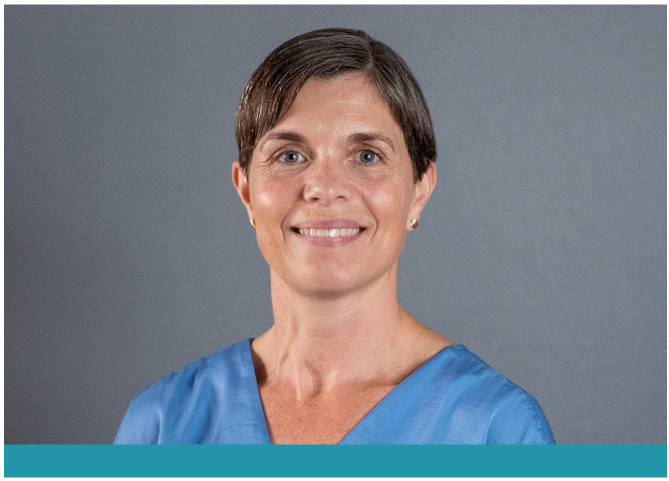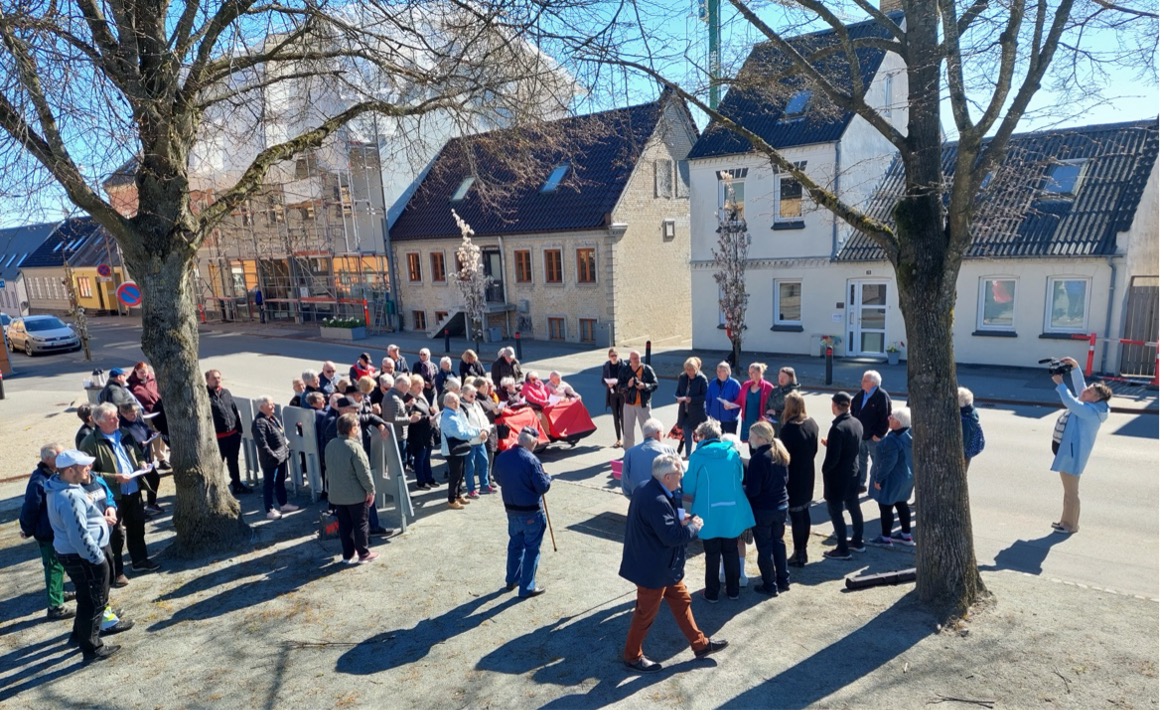

Can 2025 make democracy alive again?
There are many opportunities to raise voting percentages, but it takes effort. That we dare to rethink the way municipalities and regions support elections in Denmark
In 2025, we can celebrate local democracy and focus on democratic conversation and participation. But many municipalities are likely to opt for the familiar methods: a campaign to get young people to vote -- and otherwise leave the stage to the parties and politicians fighting often murderous battles for power. But what if we changed the traditional scene and turned the election into more than a battle for power?
What if we reversed the declining vote rate and generated more interest in local democracy?
One thing is certain: what municipalities and local politicians do in 2025 will set the agenda for the entire next parliamentary term. Therefore, it is also a question of whether it is possible to increase the voting rate among young people by telling them what they can influence. Can voters show up for this election's debates by holding them at City Hall and the library? And can you move voters by telling about all the good things you've accomplished? Or by telling about how autonomous units in the care of the elderly will create better care for the elderly?
Unfortunately, the answer to all the questions above is no. In other words, something else needs to be done if we want more voters to participate actively in our democracy. Fortunately, the solution is found in research. Fundamentally, there are two things that need to be done. We need to move the Democratic conversation out to where the voters are. And we need to communicate in a way that shifts attitudes.
With the voters, where the voters are
The first solution is basically simple. Anyone who has to sell a product knows that they have to meet customers where customers are. You cannot expect them to suddenly walk into an office to buy a product. The same goes for voters. Debates must take place where voters already are: in the cafeterias of sports halls, on the streets of social housing estates or at a Saturday ramble in the entrances of the supermarket.
As well as meeting voters where they are, our hope is also that meeting with voters is lifted. The democratic conversation calls for all parties to listen and be curious about each other's perspectives, experiences and dreams for the future. That is why we would call for local election events to be organised which involve more than handing out a flyer with branded cases. And instead sets the stage for a visionary conversation about how politicians, citizens, professionals, business and civil society play together in local development.
Second, you need to use insights from behavioral psychology and brain research to communicate to voters. Boiled down to a power iteration, it means voters need to be hit where it touches them. And that means politicians need to use emotion in their communications to voters. So must the municipality in their campaign to increase the vote percentage. But it has to do it the right way. By starting from the way our brain thinks, communication can become significantly more effective.
An excellent example of effective communication comes from Prime Minister Mette Frederiksen, who used brewery worker Arne Juhl as a symbol of the right to early retirement. The very proposal on the right to early retirement may have shifted a bit, but the story of Arne, who got his first job at 16 and has since worked hard physical labor, and therefore needs an early retirement, has undoubtedly been decisive in ensuring that in 2019 we got a majority that could make Mette Frederiksen prime minister.
There are many opportunities to raise vote percentages and engage voters, but it takes effort. Above all, it requires that we dare to rethink the usual ways in which municipalities and regions support elections in Denmark. This applies to both the administration and, above all, the politicians. The inspiration has been passed on.
More articles
We write articles that can help top managers, boards, employees, citizens and business actors to succeed better - both together and separately.



Get the latest news on strategy implementation
If you want to keep up with the latest trends and developments in strategy realization, our LinkedIn page is the right place for you.
Visit us on LinkedIn